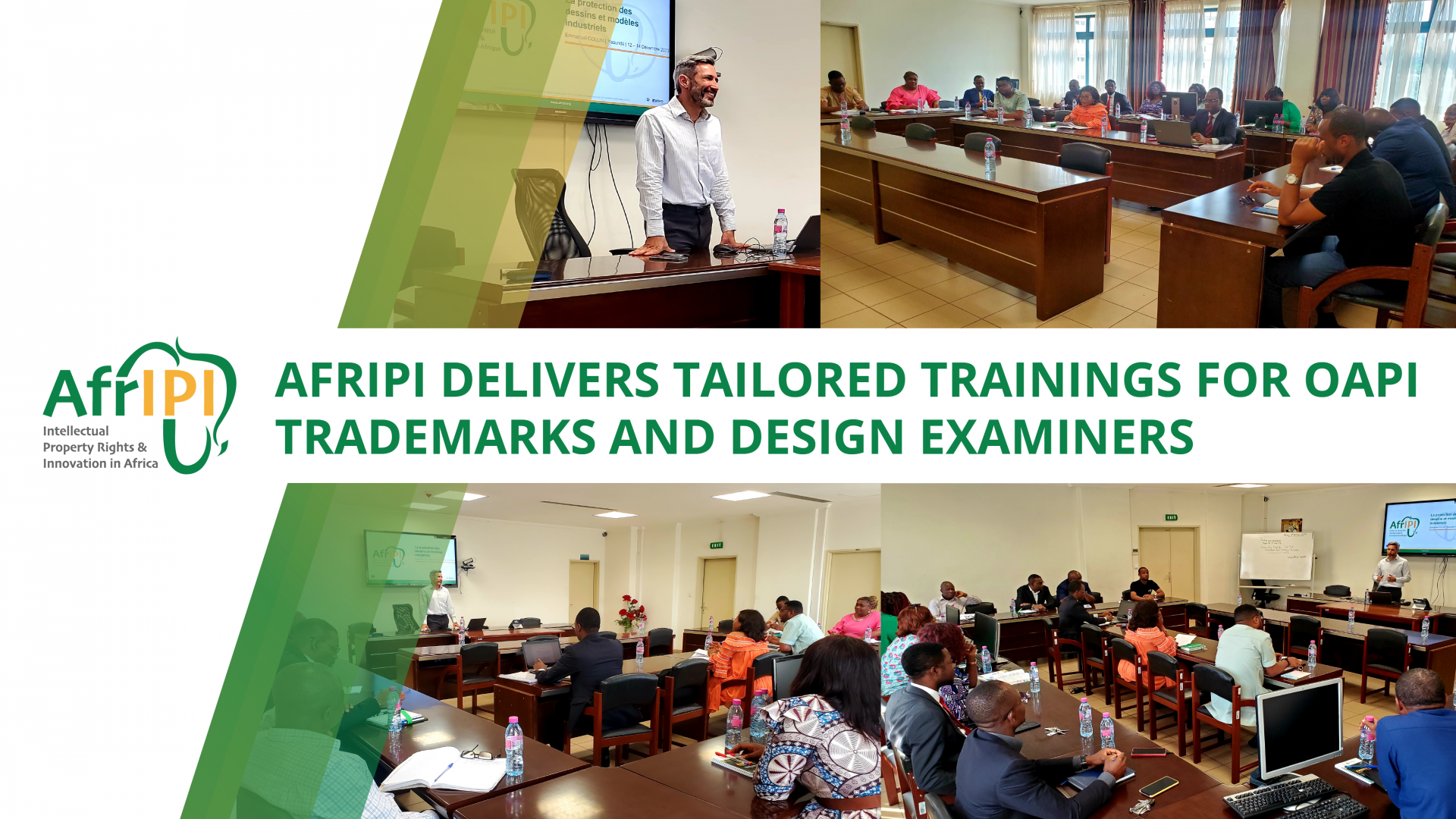OAPI industrial design examiners visit EUIPO to strengthen capacity in regional IP systems

The capacity building of African Intellectual Property Organization (OAPI) examiners and management staff on the new principles of substantive examination gave way to a study visit from 22 to 26 April 2024 at the European Union Intellectual Property Office (EUIPO) premises in Alicante, Spain. The visit provided a setting for in-depth discussions, learning and knowledge sharing on the OAPI and EUIPO industrial design registration processes.
During the visit, examiners revisited the industrial design registration procedure at the EUIPO, explored organisational tools and measures to efficiently manage time limits in examination and claim procedures, processed international applications, compared the OAPI and EUIPO registration procedures for industrial designs and reviewed industrial designs examination guidelines.
One highlight was the visit to the Designs Interactive Collaborative Examination (D.ICE) room. Here, examiners participated in meetings with administrative litigation and industrial design examination experts to assess complex industrial designs and treat administrative and legal disputes on the validity of registered industrial designs.
The exchange between the representatives of the two intellectual property offices – which came after a series of online sessions and a visit from an EUIPO industrial design examiner to the OAPI headquarters in Yaoundé, Cameroon, from 12 to 14 December 2023 – served to promote the industrial design protection system, improve digital handling and customer relations and share best practices in the examination and classification of different registration procedures for industrial designs.
Since January 2022, OAPI has introduced substantive examination of trade mark and industrial design applications. As a result, applications for registration in the OAPI region are now subject to publication prior to grant. This shows the importance of capacity building for OAPI examiners and management staff in the new substantive examination principles.
Read more:
